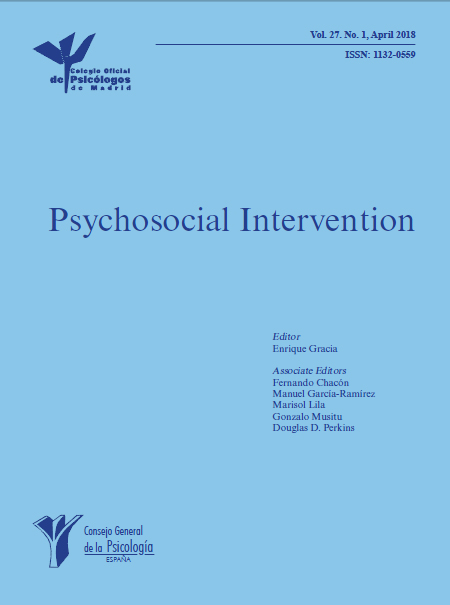
Therapeutic effects of a cognitive-behavioural treatment with juvenile offenders
[Therapeutic effects of a cognitive-behavioural treatment with juvenile offenders]
Santiago Redondo; Ana Martínez-Catena; and Antonio Andrés-Pueyo
Abstract
Several treatment evaluations have highlighted the effectiveness of cognitive-behavioural programmes with both youth and adult offenders. This paper describes the application and assessment of a cognitive-behavioural treatment (adapted to Spanish from Ross and Fabiano’s Reasoning & Rehabilitation Programme) with juvenile offenders serving community orders in an educational measure called in Spanish ‘libertad vigilada’ (similar to parole). The intervention comprised six different therapeutic components: self-control, cognitive restructuring, problem solving, social skills/assertiveness, values/empathy, and relapse prevention. Treatment effectiveness was tested using a quasi-experimental design involving two groups and pre/post evaluation. The results show that the programme was effective (with low to moderate effect sizes) in improving participants’ social skills and self-esteem, as well as in reducing their aggressiveness. However, the intervention had no positive influence on empathy, cognitive distortions or impulsiveness. These results are in line with those of many other correctional studies, in which the treatment applied had a significant but partial effect on participants.
Resumen
Several treatment evaluations have highlighted the effectiveness of cognitive-behavioural programmes with both youth and adult offenders. This paper describes the application and assessment of a cognitive-behavioural treatment (adapted to Spanish from Ross and Fabiano’s Reasoning & Rehabilitation Programme) with juvenile offenders serving community orders in an educational measure called in Spanish ‘libertad vigilada’ (similar to parole). The intervention comprised six different therapeutic components: self-control, cognitive restructuring, problem solving, social skills/assertiveness, values/empathy, and relapse prevention. Treatment effectiveness was tested using a quasi-experimental design involving two groups and pre/post evaluation. The results show that the programme was effective (with low to moderate effect sizes) in improving participants’ social skills and self-esteem, as well as in reducing their aggressiveness. However, the intervention had no positive influence on empathy, cognitive distortions or impulsiveness. These results are in line with those of many other correctional studies, in which the treatment applied had a significant but partial effect on participants.
Copyright © 2026. Colegio Oficial de la Psicología de Madrid















